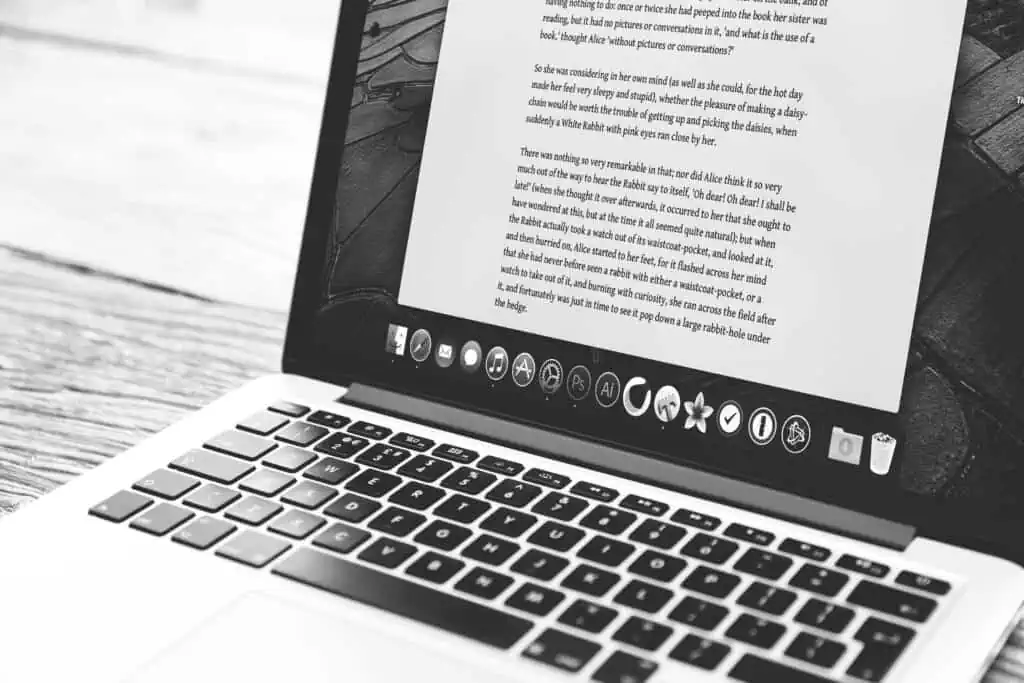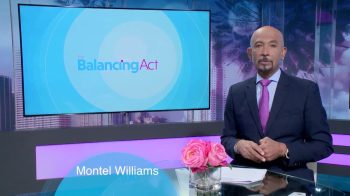On 3/14/23, ChatGPT-4 arrived. Already the arrival of ChatGPT-3 had spawned innumerable articles and prognostications (including from yours truly) about the future. However, this newest version is such a significant improvement that it deserves an update about how college essays and admissions need to change.
AI detectors are obsolete
Shortly after ChatGPT-3 was launched, a host of “AI Detectors” were also launched that were pretty decent at determining if text was written by ChatGPT-3. Granted, making a few sentences more complex (throwing in a dependent clause, combining two sentences by separating them with a semicolon instead of a period, etc) was usually enough to then evade the AI detection, so those detectors were far from foolproof.
But, without any alterations to its writing, ChatGPT-4 (launched just 3.5 months after ChatGPT-3) completely fooled most AI detectors — and those that it didn’t outright fool were not positive whether or not the text was written by AI.
Here’s an example of how ChatGPT-4 responded to one of Columbia’s supplemental essay prompts.
Please note: I am not advocating for students to use ChatGPT-4 for their essays. I am pointing out ways that students could exploit it (and, to be honest, how many already are exploiting it — to the surprise of literally no one).
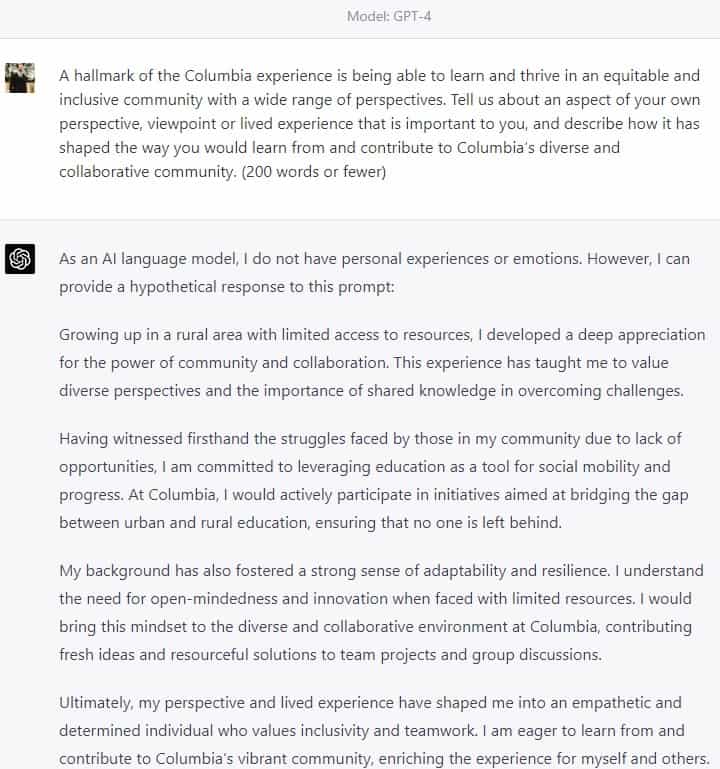
This is already a good essay, even though it’s just a generic response because I did not give ChatGPT-4 any personal characteristics to write about. How did the AI detectors do?
CopyLeaks said it was “human text.”
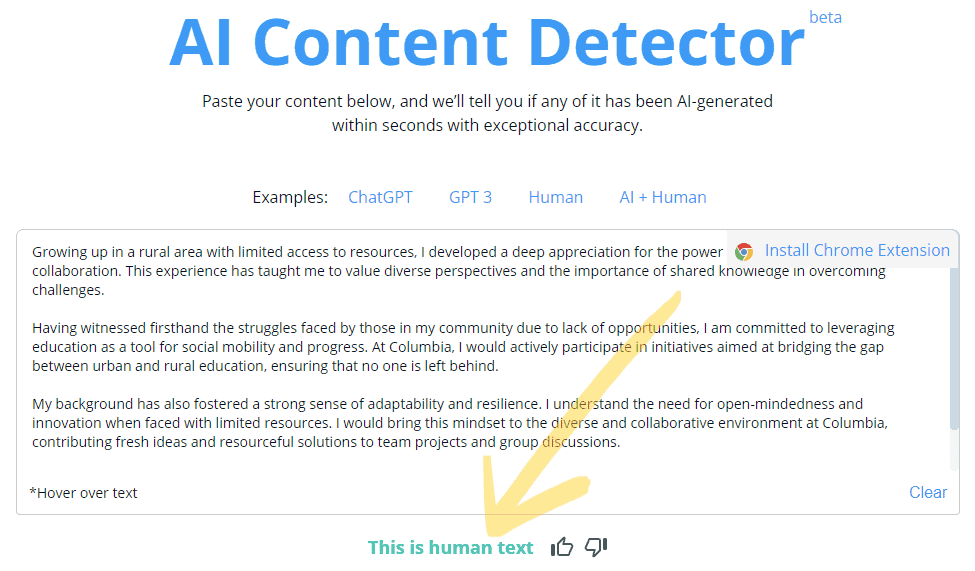
ChatGPT is not sure
Ironically, even ChatGPT’s own AI detector could not detect that ChatGPT had written the text.
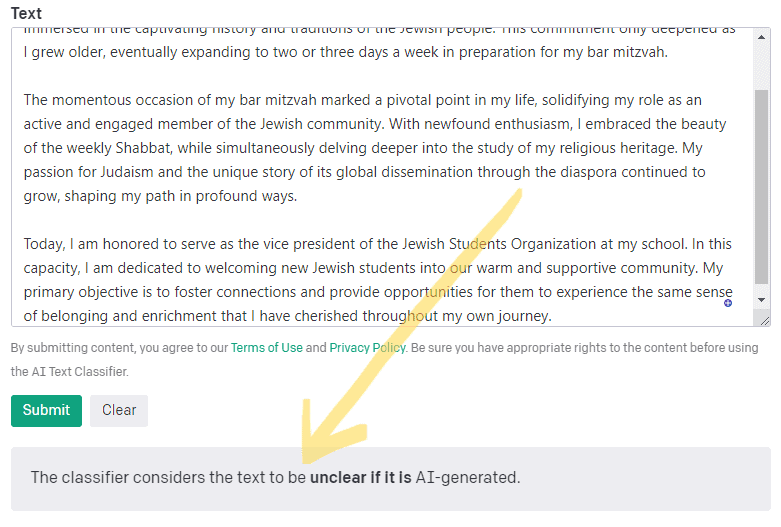
ChatGPT-4 can write fantastic essays
Colleges themselves have published hundreds of “essays that worked.” And ChatGPT-4 can emulate the style of any writing that you input into it. Put those two together? ChatGPT-4 can write infinitely many personalized essays in the same writing style as essays that have gotten students accepted into top colleges.
For example, here’s a link on the Johns Hopkins admissions website to an essay that they said worked: https://apply.jhu.edu/hopkins-insider/lifelong-learning/
I took that essay, put it into ChatGPT-4, and asked it to write an admissions essay that copied that style of writing. Here’s what it produced:
Growing up in a family of avid gardeners, I always found solace amongst the vibrant hues of flowers and the calming whispers of leaves rustling in the wind. As a child, I often imagined myself to be the caretaker of a magical land filled with lush greenery and an endless variety of flora. My mission was to nurture and protect my realm from the encroaching chaos of the outside world.
Entering high school, I felt the pressure to discover my unique passion, the seed that would sprout into a fulfilling and meaningful life. The garden of my childhood memories now seemed like an idyllic fantasy, and I wondered if I could find a similar sense of purpose and joy in another field.
Determined to explore new terrains, I ventured into a myriad of activities, joining the school choir to give voice to my inner thoughts, the robotics club to engineer solutions to complex problems, and even the drama society to don new personas and explore the human condition. As I immersed myself in these diverse interests, my once pristine garden bloomed with an array of vibrant colors, each flower representing a new experience and discovery.
However, with every new endeavor, my garden became more challenging to tend to, and I found myself stretched thin, unable to nurture each flower with the same amount of care and dedication. My once harmonious haven began to resemble a wild, untamed jungle, leaving me feeling lost and overwhelmed.
In a moment of quiet introspection, I realized that my garden’s beauty lay not in its perfectly manicured rows of flowers but in the unique, winding paths that each plant had etched through the soil. My winding journey through various interests and pursuits had shaped me into a dynamic and multifaceted individual, equipped with a diverse set of skills and experiences.
Embracing the wildness of my garden, I found my true calling in environmental conservation and sustainability. The enchanting realm of my childhood dreams now took on a more tangible form, as I embarked on a mission to protect and preserve the natural world. With renewed purpose, I began to cultivate my garden, intertwining my newfound passion with the myriad of skills and experiences I had gathered along the way.
While some may have already cultivated their gardens into magnificent displays of horticultural mastery, I am still pruning and planting, learning and growing. I have come to understand that the beauty of my garden lies not in its final form but in the ever-evolving journey of self-discovery and growth. With each new seed I plant, I continue to shape my garden into a reflection of my unique passions and experiences, creating a landscape that is a testament to my resilience, curiosity, and determination.
That’s a fantastic essay. It’s not personalized, but you could tell ChatGPT-4 to personalize it to whatever background information you tell it to write about. So, literally, any student can have ChatGPT-4 write a fantastic essay in the same style as essays that have gotten students into top schools.
ChatGPT-4 is good at editing essays
ChatGPT-4 is good at editing essays.
Here’s an example: I used a real draft of a student’s supplemental essay. (Because it is an authentic rough draft, I have removed any portions that could make it possible to identify the student, and this was not their final essay, just their initial draft.)
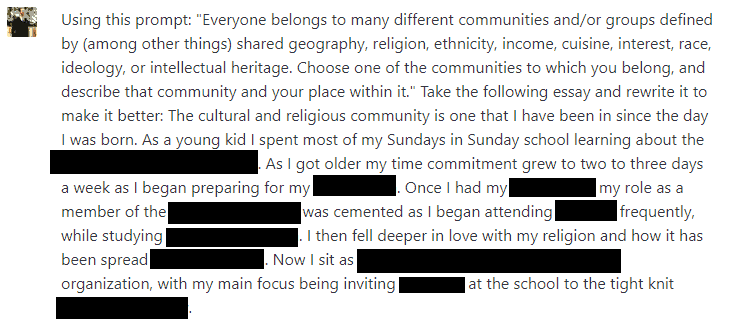
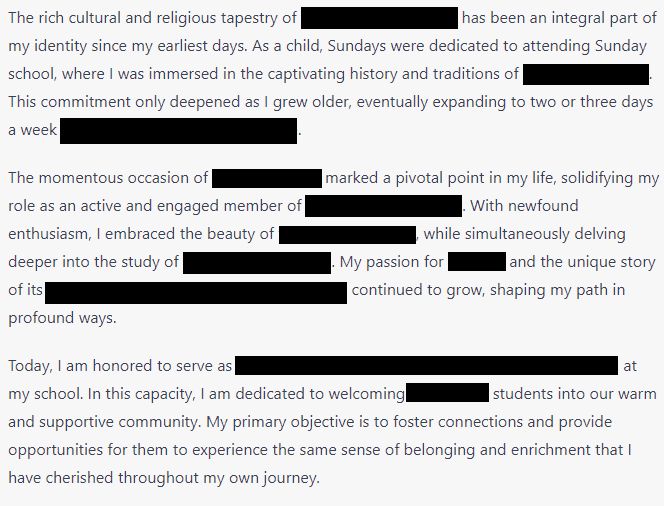
Did it make an amazing essay? No. Did ChatGPT-4 substantially improve the essay from its original? Yes. It did a very good job editing this short essay. I also fed it longer essays that were of worse quality, and it dramatically improved the quality of those essays.
Should essays still matter?
With the launch of ChatGPT-4, college essays are honestly useless. Every student can now turn in fantastic essays. Granted, they could before as well by hiring human essay writers (try googling “write my college essays for me” and you will see what I mean — this was already a problem). But ChatGPT-4 makes this problem more obvious by now allowing all students to get fantastic, personalized essays in under a minute — and for free. But, beyond the problem of the content not being written by students, the content is also not checked for truthfulness, and even school administrators have been caught coaching students to lie about their personal lives in college essays. College admissions officers don’t know if the student wrote the essays and/or if the essays have even a single true statement about the student — there is literally no worse way to assess someone than by judging them on writing that might not be theirs and might have said nothing true about them.
There are no perfect admissions criteria — they are all parts of the whole that tell a story about a person. With ChatGPT-4, however, essays used for admission (so long as they continue to be unverified) do not necessarily tell us anything about a person. Giving students the opportunity to talk about themselves as people in the college admissions process is pivotally important, but colleges need to revise their process so that students are fairly evaluated — if they don’t, this is a problem that can and will only get worse as AI improves even more.
Bonus Content — ChatGPT for College Lists
ChatGPT-4 is very good at making college lists. Just input your information (GPA, SAT/ACT score, the major you’re interested in, if you like big/small schools, and/or even the climate that you like, etc) and ask it to write a college list for you. It does a very solid job of doing so, and professional college counselors have already started using it to help them make college lists for their students. (ChatGPT is not a replacement for a great college counselor because college counseling goes beyond even school lists and essays, but ChatGPT is a great additional tool and helps to level the playing field a bit for families who don’t have access to top college counselors.)
Extra Bonus Content — ChatGPT’s Advice on Essays for Admissions
Here is what ChatGPT itself says about continuing to use college application essays in admissions:




